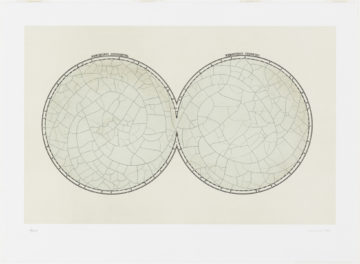 Over at Phenomenal World, Lily Hu interviews Olúfẹ́mi Táíwò on climate crisis, reparations, and the use of history:
Over at Phenomenal World, Lily Hu interviews Olúfẹ́mi Táíwò on climate crisis, reparations, and the use of history:
LILY HU: …My first question is: do you see your lack of focus on questions that have been deemed important in philosophy as a case of refusing that “distraction” referenced by Morrison? How do you see your work on reparations as a philosopher, walking the line between contributing to an existing philosophical discourse on reparations but also setting it on a fresh course?
OLÚFẸ́MI TÁÍWÒ: I’m less concerned about which questions to focus on, even though in principle I’m willing to make a point about the priority of different kinds of questions. For example, I engage with discussions in the philosophical literature about the so-called non-identity problem, which calls into question whether it makes sense to make reparations to the present-day victims of great historic injustices, who, it is argued, owe their existence to those unjust institutions. The non-identity problem asks: if so many populations would not themselves exist had it not been for these processes of great injustice, can we really say they’ve been made “worse-off” by them? It’s a jarring question, but it has been taken as a substantial hurdle in philosophical debate about reparations and climate justice. I also think there’s a distributional factor around whose questions we take up.
More here.
